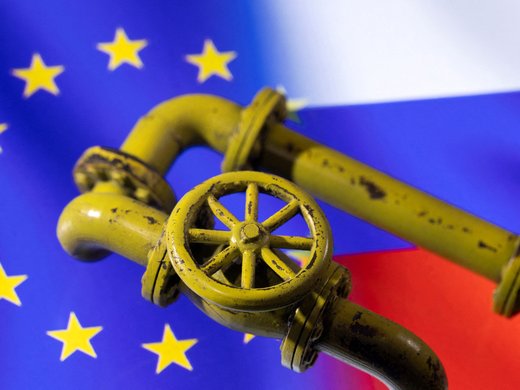Canada’s role in the development of international criminal law has significantly changed over time. Canada was active in military prosecutions of war crimes immediately after World War II, but then entered a dormant period for three decades. In the 1980s, the Department of Justice made addressing the issue of the presence of Nazi war criminals in Canada a priority. For the next two decades, Canada’s domestic focus saw some successes and high-profile failures in the country’s attempts to enforce international criminal law norms. However, the creation of the international criminal tribunals for the former Yugoslavia and Rwanda in 1993 and 1994, respectively, turned Canada’s focus to the international stage. Canada became a recognized world leader in the development of international criminal law in the drafting and adoption of the Rome Statute of the International Criminal Court (ICC), as well as in the Rome Statute’s domestic implementation. Canada also played a crucial role in creating and sustaining other international criminal tribunals.
This paper begins with a historical review of Canada’s role in the development of international criminal law from the post-World War II prosecutions to the late 1980s. It will turn to an examination of Canada’s engagement with international criminal law from the early 1990s to the present, explained through Canada’s international actions on the ICC and other international institutions. This description will demonstrate that, over the past two decades, Canada has been deeply involved in the development and implementation of international criminal law abroad, providing legal, financial and political support to particular tribunals at particular periods. However, this support has shifted over time, leaving gaps in the substantive commitment. The paper will then discuss Canada’s engagement with international criminal law at home, in particular through Canada’s passage of the Crimes Against Humanity and War Crimes Act in 2000. However, Canada’s Crimes Against Humanity and War Crimes Program has remained arguably underfunded, necessitating a focus on non-criminal, administrative remedies rather than criminal prosecutions. This paper concludes by considering Canada’s role in the future of international criminal law.


